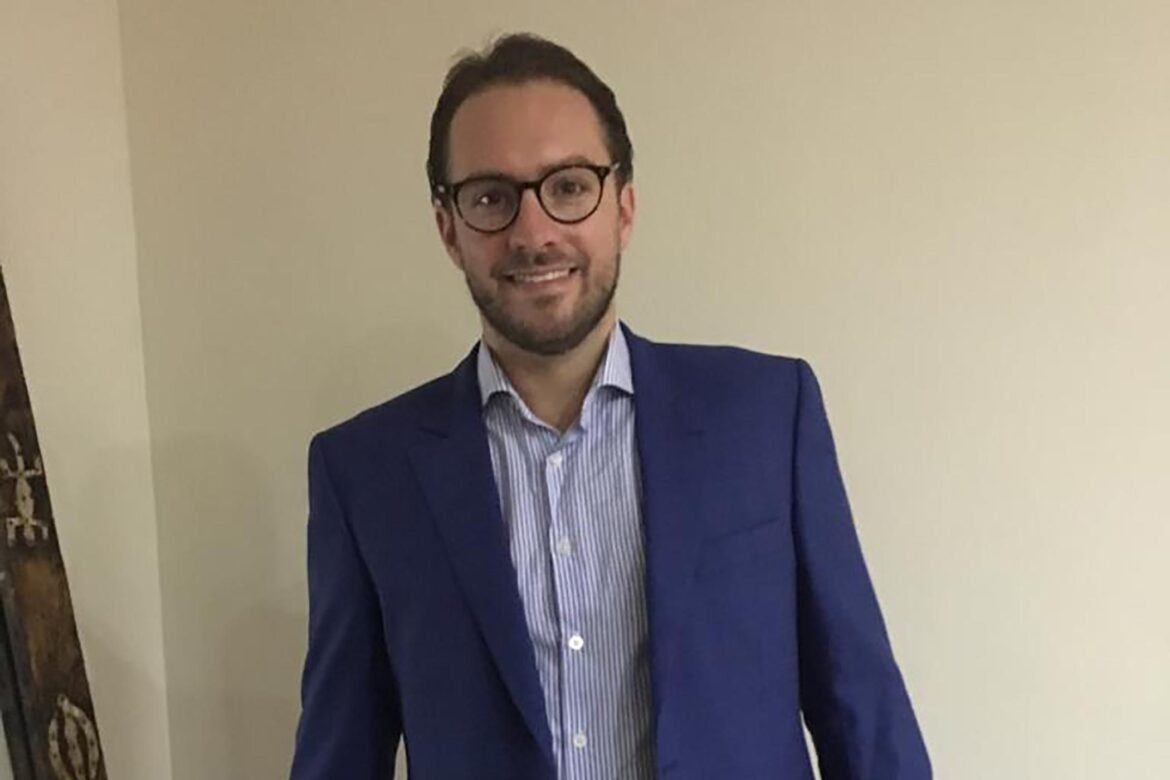How has France curb the issue of piracy in its film industry?
In France, we have systems in place to address that like commissions. They have been able to prevent illegal downloading of creative works but for streaming, they can’t do anything.
It is impossible to block streaming. So it’s an ongoing fight. In Nigeria, I’m aware of two initiatives, the Nigeria Copyright Commission (NCC) and the National Film and Video Censors Board (NFVCB).
The latter to my knowledge has been able to go into the markets and fight against illegal sales. I think it is good for French investments as well who would love to work with local filmmakers.
How can local filmmakers gain more visibility in Cannes International Film Festival?
Lagos State so far has had a pavilion in the festival for two years in a row. I think it was great for them to have that visibility.
Now we have the African pavilion but what I can tell you is that Nigerian films are more predominant in that pavilion. Of course there are other countries in the pavilion.
But to really have success in Cannes, you need to have collaborations with people that are used to Cannes. You need someone that can professionally help you to be there.
Cannes is such a big festival and it can be overwhelming. And with the French Nigerian Cinema Days, it will increase their visibility.
What do you think will be the impact of the rapid rise of online streaming services on the cinema culture?
There’s a big debate now on how Netflix is impacting the cinema consumption. In France, they noticed that screenings that happen usually on Sunday nights in Paris, the ratings are going down.
People are becoming a bit lazy to go out now since they can also stay home and be entertained. But the experience of cinema can never be replaced by the screening at home.
If you go to the cinema, it is really an experience. Streaming will never constitute the cinema experience. I think they are complementary.








